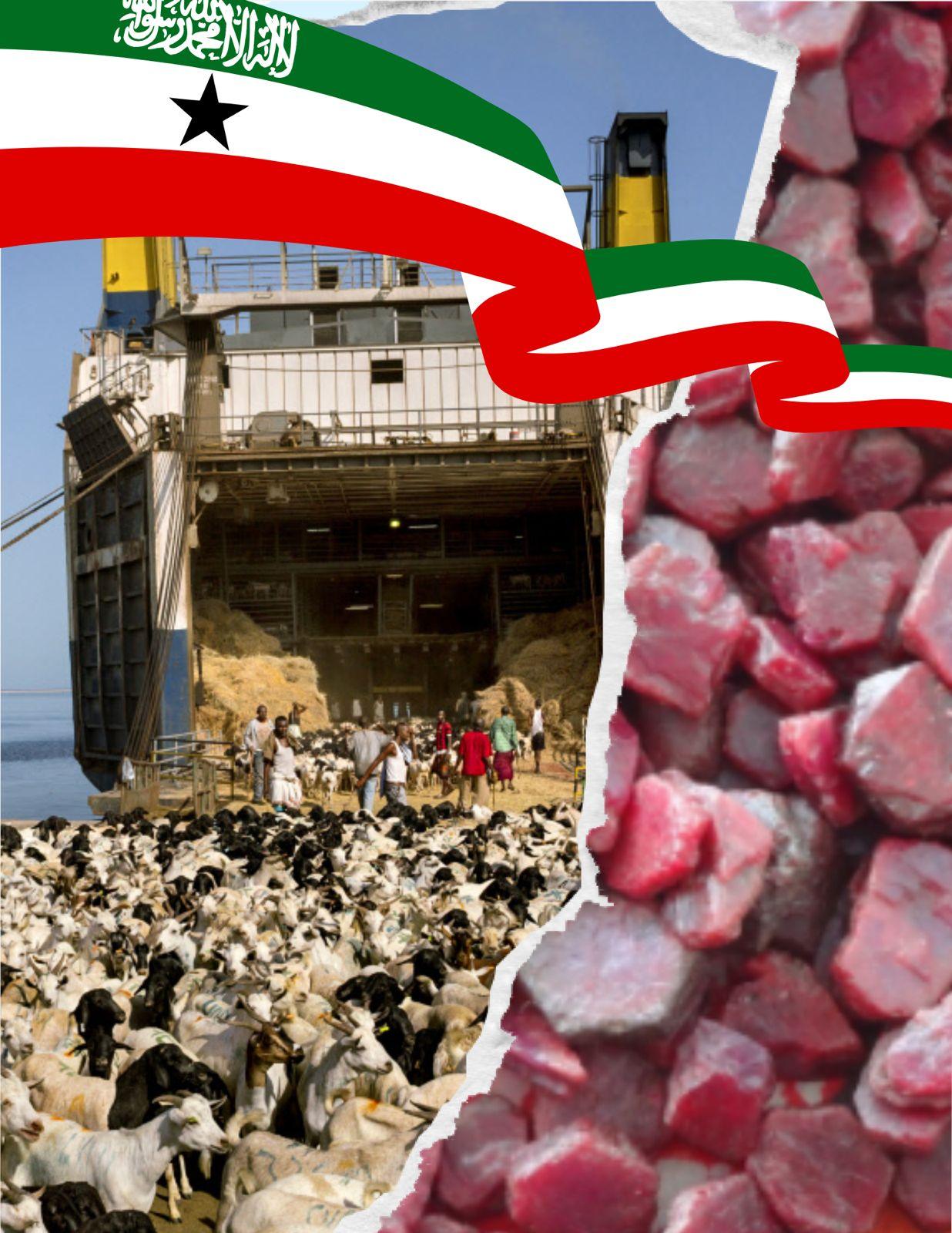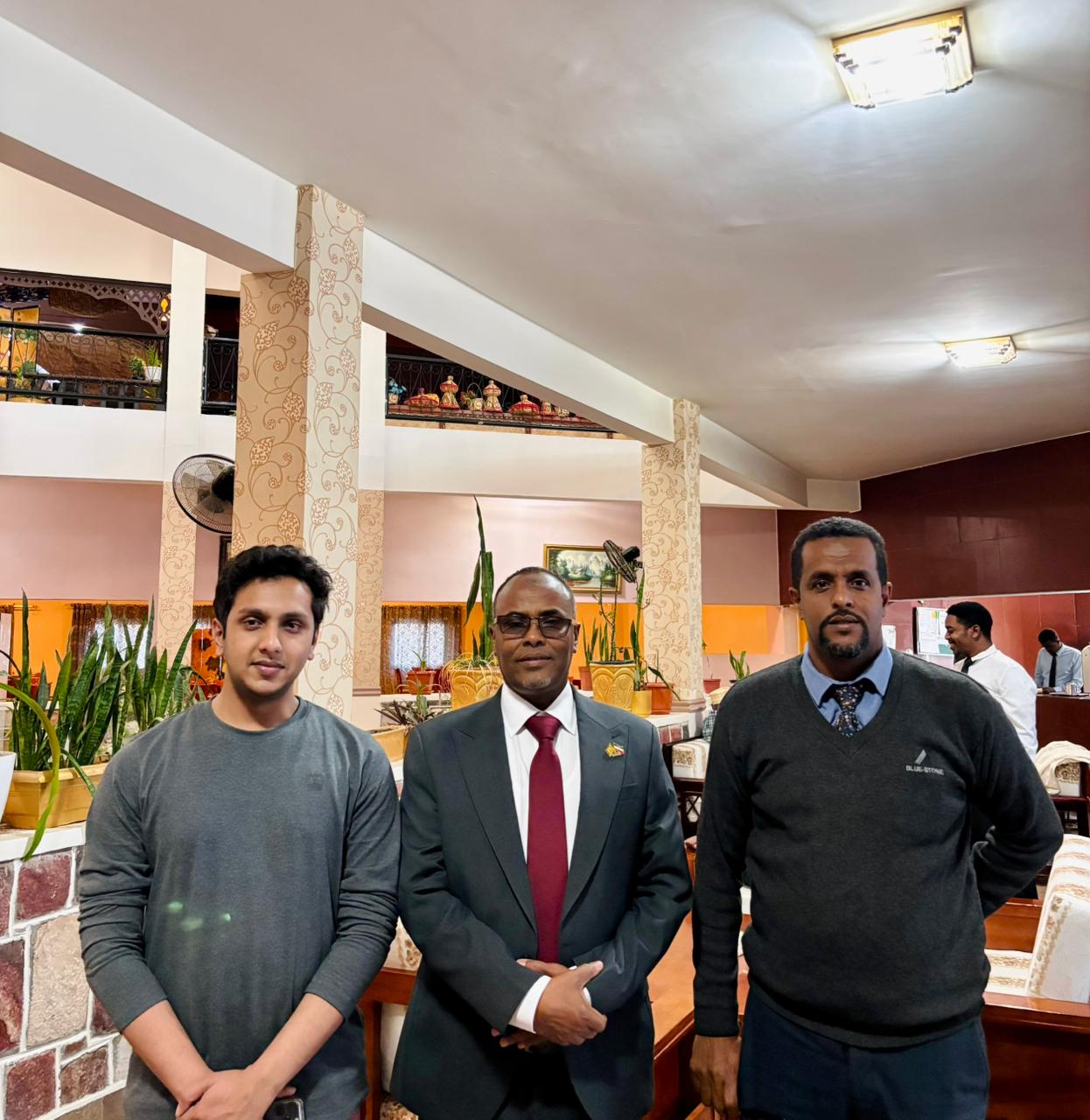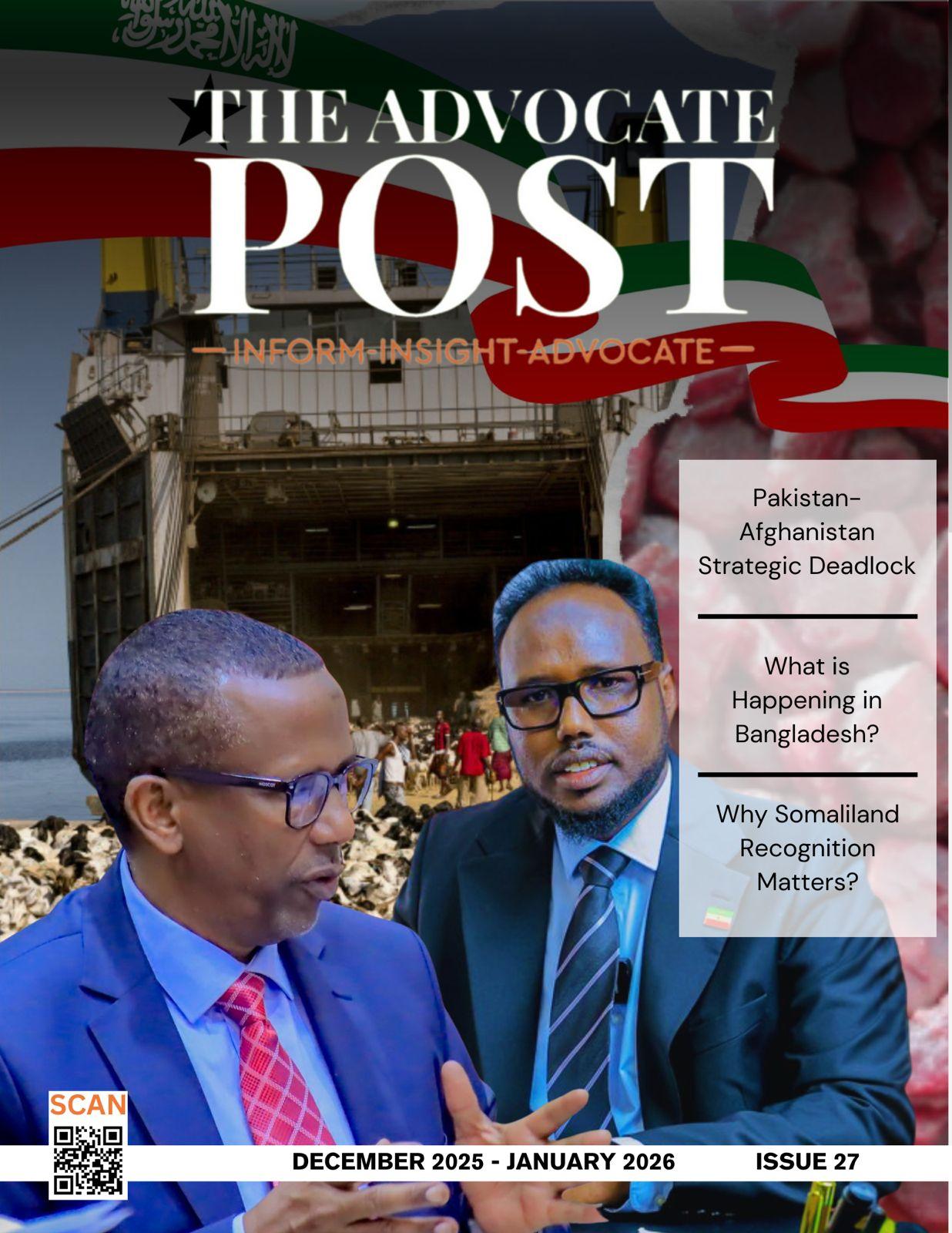By Vernice Bessit (South Africa)
Multiculturalism in South Africa is an intricate and multifaceted phenomenon rooted in the country’s history of diverse ethnic and cultural groups. South Africa is often referred to as the “Rainbow Nation” due to its rich tapestry of different racial, ethnic, and cultural backgrounds. Consisting of some of these key aspects, South Africa’s history is marked by colonization, apartheid, and a long struggle for liberation. The apartheid system, which lasted from 1948 to 1994, enforced racial segregation and discrimination. This history has left deep scars and continues to shape the country’s multicultural landscape.
Home to a wide range of ethnic groups, including the majority Black Africans, who belong to various ethnicities such as Zulu, Xhosa, Sotho, and many others. There are also significant populations of Coloureds (mixed-race), Indians, and a minority of White South Africans, primarily of European descent. With 11 official languages, reflecting its linguistic diversity. These languages include Zulu, Xhosa, Afrikaans, English, Sotho, Tswana, Venda, Tsonga, Swazi, Ndebele, and South African Sign Language.
Multiculturalism is evident in its rich cultural traditions, music, dance, art, and cuisine. Each ethnic group contributes to the country’s cultural mosaic, and traditional ceremonies, festivals, and rituals are an integral part of South African life.
The process of social integration in South Africa has been a complex and on-going process shaped by the country’s history of apartheid, which officially ended in 1994. Apartheid was a system of institutionalized racial segregation and discrimination that lasted for decades, causing deep divisions among South Africa’s diverse population.
Since the end of apartheid, South Africa has made significant progress in promoting social integration, but many challenges remain. Included within these obstacles are things such as the political transformation of the country which implemented a democratic and inclusive system for all, the Truth and Reconciliation Commission (TRC) which was aimed at healing past wounds and encouraging healing for the people, creating economic empowerment programs and policies that aim to address the imbalance in the economy, etc.
Although the country is open to foreign nationals this has had both positive and negative impacts on multiculturalism and social integration in South Africa, just like any other country. It’s important to assimilate that the effects can vary depending on factors, including the number of immigrants, their socioeconomic status, cultural backgrounds, and the policies in place by the government to manage foreign nationals. In a more positive light foreigners bring about a new zest to cultural diversity with their unique languages, traditions and perspectives which brings enrichment the countries cultural terrain. There are also economic contributions that come with having immigrants as part of the society as they start businesses, create jobs and invest in various sectors.
Of course, like any balanced contrast foreign nationals also have a negative effect, with an inpouring of immigrants their issues such as resource competition especially in the low skill sector leading to increased unrest and resentment among locals. As welcoming a
country as South Africa is there are many instances where there are violent outbreaks of xenophobic attacks, causing damage to both individual lives and the country’s international reputation.
However, solving the complex issues of multiculturalism, social integration, and xenophobia in South Africa is not insolvable, as in any diverse society, is a multifaceted and long-term endeavour.
These issues are deeply rooted in historical, economic, and social factors, and addressing them requires a comprehensive approach involving government policies, civil society, and individuals.
Education and Awareness:
- Heightening teachings on a diverse culture, history and traditional contributions of various communities. Building openness to variant identities.
- Running campaigns that question the stereotypical norm, misconceptions and biasness.
Legislation and Policies:
- The implementation of anti-discrimination laws to encourage the protection of all people no matter their origin, nationality or ethnicity.
- Forge a space that is inclusive in all sectors that effect the nation, such as employment, education housing etc.
Economic Empowerment:
- Ensuring that the empowerment programs address the targeted differences by creating growth opportunities for natives and sharing in skill development, access to capital and supporting small businesses.
- Open a platform for diverse business partnering and tradesman ship.
Media and Communication:
- Media platforms should include or promote a more subtle and responsible way of handling and highlighting, stories within the communities as to not spark nor conceal realities.
- Encourage media and interpretation education that promotes productivity and acceptance of change in diversity.
The dynamics of social integration, multiculturalism, and xenophobia in South Africa are complex and have evolved over time. The result of social integration, multiculturalism, and xenophobia in South Africa is a complex and evolving landscape. While there have been efforts to promote social integration and multiculturalism, historical inequalities and economic challenges continue to pose obstacles. Xenophobia remains a concern, but it is essential to recognize that South Africa’s diverse society is a source of strength and cultural richness as well as a Multiculturalism and Social Integration in South Africa.
Vernice Bessit is a writer from South Africa.





